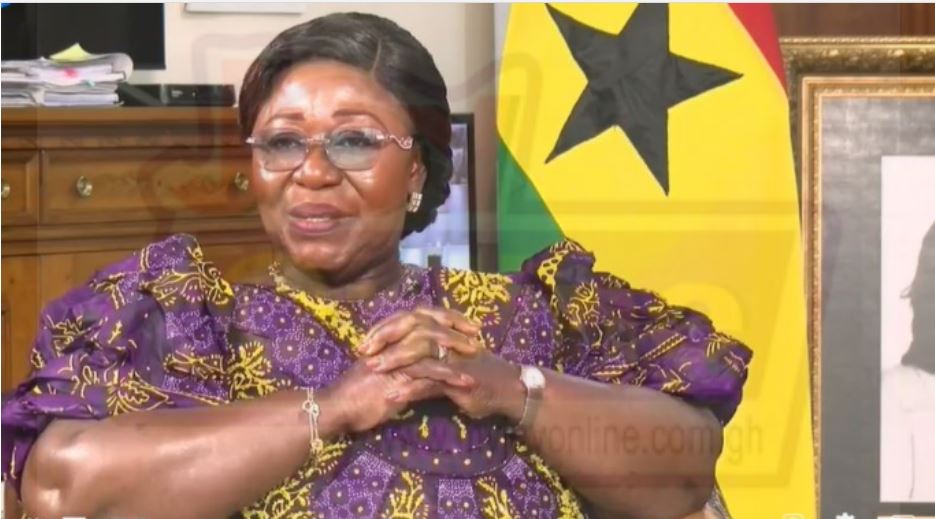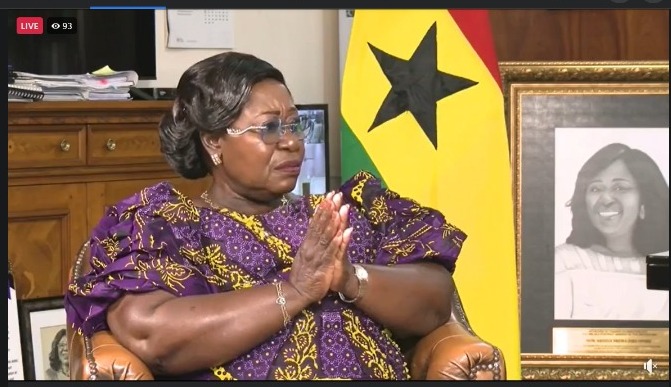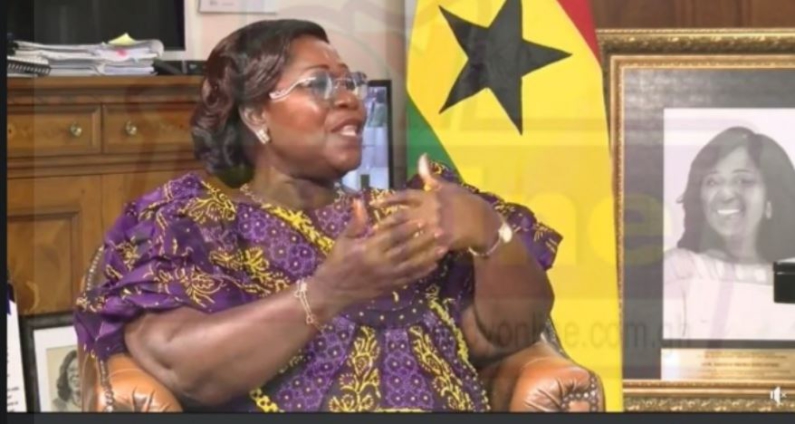The Chief of Staff has urged the Public Utilities Regulatory Commission (PURC) to actively engage all stakeholders before announcing new utility tariffs.
Madam Frema Osei-Opare said the Commission must consider the public’s interest in its dealings.
She, thus, called on all stakeholders to speak out to ensure their voices are heard in the conversation.
“It is my fervent hope that all stakeholders will engage actively in this review process and make their voices heard so that the final outcome will benefit the generality of all stakeholders,” she said.
Frema Osei-Opare made this statement at the inauguration of an office complex for PURC in Koforidua.

Meanwhile, the Chief of Staff also commended PURC for its pivotal role in the ongoing engagement of stakeholders on the multiyear tariff review.
However, she stressed that there is a need to strengthen the already established mechanisms to regulate utility companies to become financially viable.
The Commission had earlier assured the public that it will consider the interest of all stakeholders in determining the new utility tariffs.

In a media interview, the Head of Public Relations and External Affairs of PURC said the Commission will also consider the interest of the investor community and the interest of the utility companies before announcing the new tariffs.
“PURC will weigh the concerns of the consuming public and other stakeholders. We’ll consider the interest of the consuming public and the investor community and protect the interest of the utility company by making sure that it is financially viable.
“We will also look at our regulatory benchmark, including the allowable losses, and all these are put together, so it isn’t just an academic exercise,” he said.
The Electricity Company of Ghana had proposed that its tariffs will be increased by 148% for 2022 and with 7.6% average adjustments between the periods of 2023 to 2026.
The proposed sharp increment, according to ECG, is due to the gap between the actual cost recovery tariff and PURC-approved tariffs as well as the cost of completed projects.
The GWCL also argued that while the average tariff per cubic metre in 2019 was 1.27 USD, the same was reduced to USD 1.13 as a result of cedi depreciation.
The GWCL said this has affected its ability to carry out repairs and replacements of aged and obsolete equipment and pipelines.
Latest Stories
-
Stampede in southwestern Nigerian city causes multiple deaths
18 minutes -
Tens of thousands without water in Mayotte as curfew brought in
32 minutes -
ORAL: We won’t witch-hunt, we’ll focus on transparency, not revenge – Ablakwa
55 minutes -
Attempted robbery: Accused claims he carried cutlass for protection
1 hour -
Excavator operator jailed for stealing
1 hour -
African fans age-shame me for putting on some outfits – Tiwa Savage
2 hours -
Tiwa Savage criticised by female fans for stance on cheating in relationships
2 hours -
Bank of England expected to hold interest rates
2 hours -
Congo river boat sinks killing at least 22
2 hours -
Embattled Liberian speaker questioned by police over parliament fire
3 hours -
‘I won’t be a judge in my own court; ORAL is about protecting public purse’ – Ablakwa
4 hours -
Bawumia joins thousands in Kumasi for burial prayers for Ashanti Regional Imam
4 hours -
Blue Gold Bogoso Prestea Limited challenges government actions in court
4 hours -
Verdicts due for 51 men in Pelicot mass rape trial that shook France
4 hours -
Syria not a threat to world, rebel leader Ahmed al-Sharaa tells BBC
4 hours

